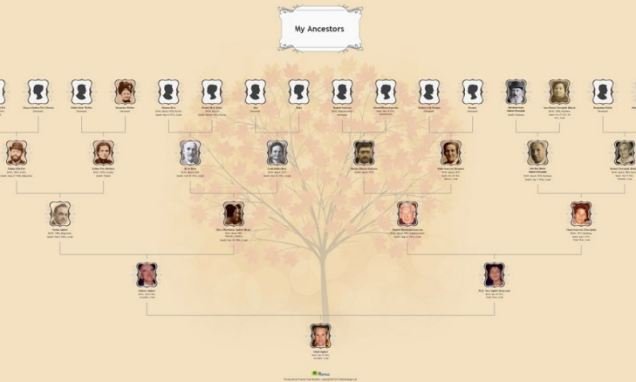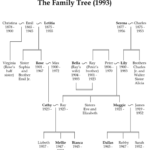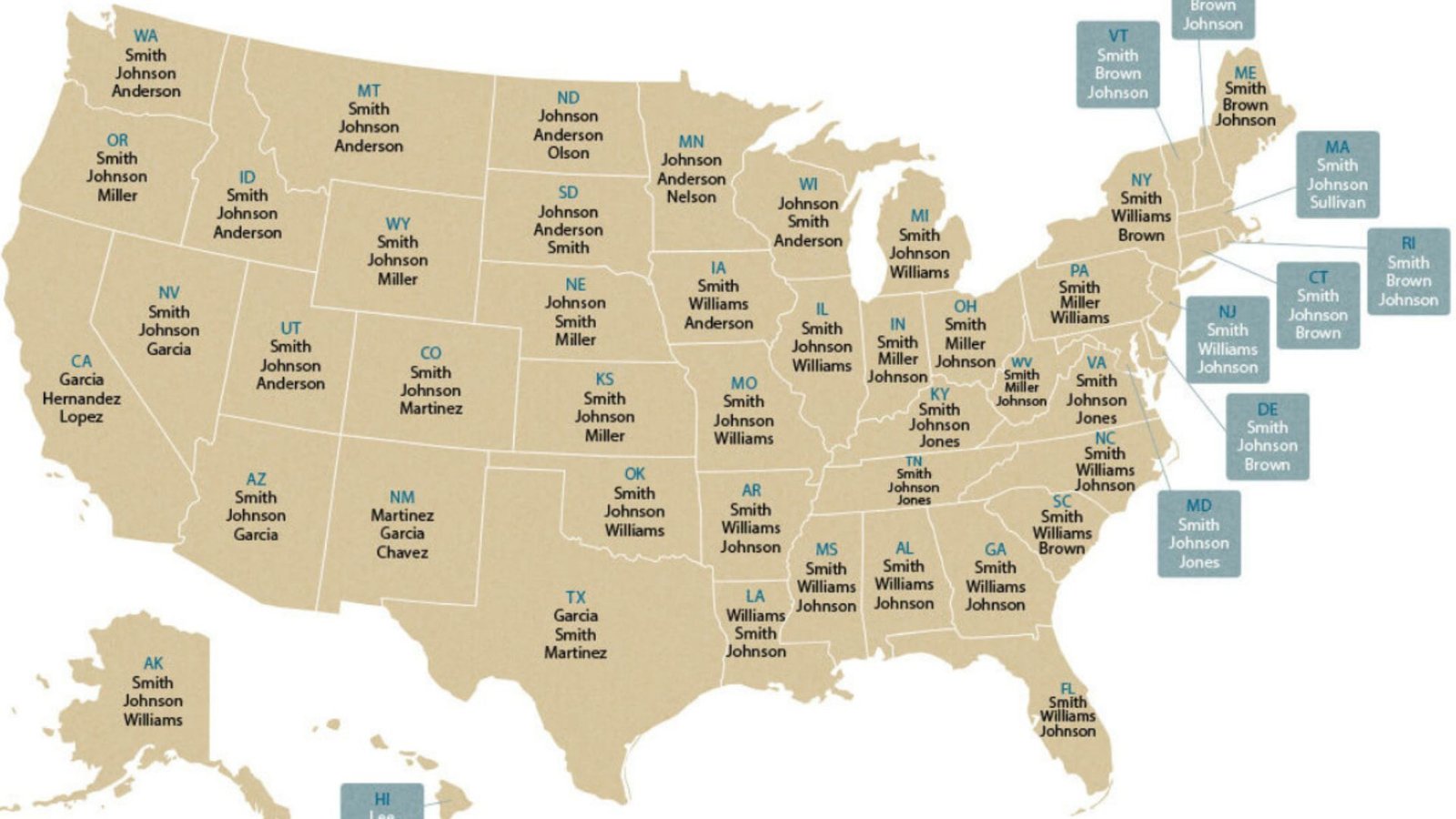Family names, also known as surnames, hold significant clues to uncovering hidden lineages and understanding ancestral roots. These names often carry information about a family’s origin, occupation, geographic location, or cultural identity. By studying family names, genealogists and enthusiasts can reveal connections that may have been obscured over time. This article explores how family names can help uncover hidden lineages and expand your understanding of family history.
1. Understanding the Origin of Family Names
Family names often originate from specific locations, professions, or characteristics. By tracing the origin of a surname, you can discover:
- Geographic Roots: Many surnames indicate where a family originated. For example, “York” or “Paris” points to places, while names like “Hill” or “River” suggest proximity to natural landmarks.
- Occupational Clues: Surnames such as “Smith,” “Taylor,” or “Miller” reveal ancestral trades.
- Descriptive Traits: Names like “Brown,” “Short,” or “Strong” may describe physical or personal attributes.
Understanding the origin of a name provides context about an ancestor’s environment and lifestyle.
2. Deciphering Name Variations
Over generations, family names often change due to migration, translation, or clerical errors. Exploring variations can help uncover connections across different regions or countries. For instance:
- The surname “MacGregor” in Scotland may become “McGregor” or even “Gregor” in other regions.
- Immigrants often modified names to blend into their new communities, such as “Schmidt” becoming “Smith” or “Giovanni” becoming “John.”
Tracking these changes can bridge gaps in family history.
3. Exploring Cultural and Ethnic Connections
Family names are deeply tied to cultural and ethnic identities. By researching the etymology and history of a surname, you can uncover:
- Cultural Heritage: Names like “O’Connor” suggest Irish roots, while “Nguyen” is common in Vietnam.
- Clan or Tribe Associations: In some cultures, surnames link individuals to clans or tribes, offering insight into larger ancestral networks.
This cultural knowledge can help you trace your lineage back to specific communities or traditions.
4. Unlocking Records and Databases
Family names serve as keys to accessing historical records, such as census data, immigration documents, and birth certificates. These records often contain details about family members, allowing you to construct a more complete family tree. Tips for using family names in research include:
- Searching local archives for surname-specific registries.
- Utilizing online databases like Ancestry.com or FamilySearch.
- Exploring surname maps to pinpoint regional concentrations of a name.
5. Connecting with Relatives
Family names can reveal connections to distant relatives. By identifying individuals who share your surname, you might uncover long-lost branches of your family tree. DNA testing services often complement this process by pairing genetic results with surname data.

6. Discovering Hidden Stories
Sometimes, family names carry hidden stories that reveal significant historical events or migrations. For example:
- A surname adopted after fleeing persecution, such as “Neumann” (new man), might indicate a fresh start in a new place.
- A surname passed through matrilineal lines may highlight unique cultural practices or societal norms.
These stories add depth and context to your family history.
Conclusion
Family names are more than just identifiers; they are windows into the past. By exploring the origins, variations, and meanings of surnames, you can uncover hidden lineages and deepen your understanding of your ancestry. Start by researching your family name today and unlock the stories that have been waiting to be discovered.











